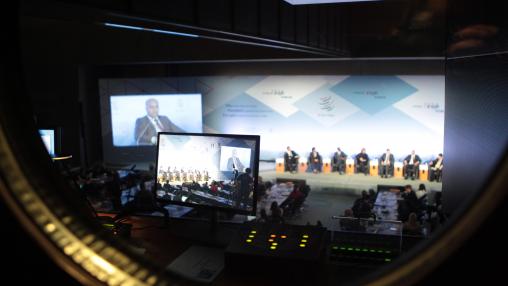
African Food Security and the WTO
As we approach the Eleventh WTO Ministerial Conference (MC11), taking place from December 10-13 in Buenos Aires, developing countries’ role in the negotiations remains in question. This will be the first ministerial to be held in South America and will provide an opportunity to reduce trade barriers and further liberalize the global trading system. In recent years, developing countries have accounted for an increased share in global trade, making them more relevant players in the negotiations.
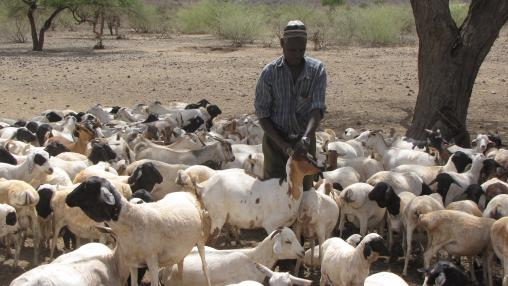
New FEWS Net Country Alerts
The latest series of updated country alerts from FEWS Net provides food security and food production updates for several countries in Africa south of the Sahara.
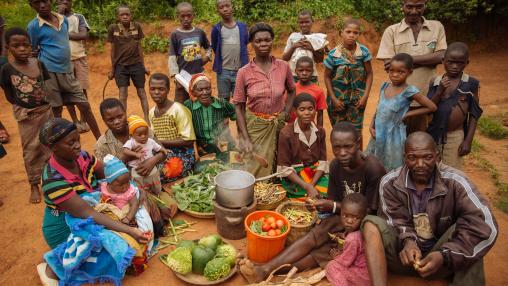
Gender and Food Security in Malawi
Researchers and policymakers have become increasingly cognizant of the role that gender plays in food security in developing countries. A new IFPRI Discussion Paper takes an in-depth look at the implications of gender roles in household food security in Malawi and finds that improving joint access – i.e. access for both men and women – to agricultural and nutrition information and training can be an important driver in increasing households’ food security.
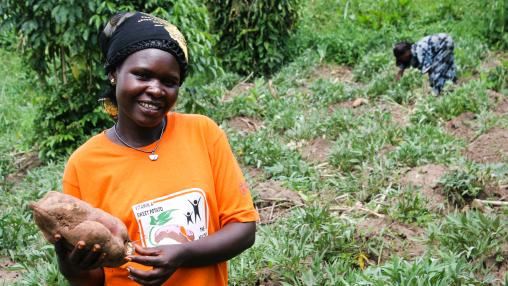
Improved Food Access in Mozambique
Harvests are now ongoing across Mozambique, improving food availability throughout the country, says a new report from FEWS Net. In the southern and central areas of the country, food security outcomes are forecast to improve from Stressed (IPC Phase 2) to Minimal (IPC Phase 1) in June. In addition, second season harvests (expected in July-September) are developing well due to extended rains, with reasonably favorable prospects for maize, beans, and vegetables. This second-season production will further improve poor households’ food availability and access.
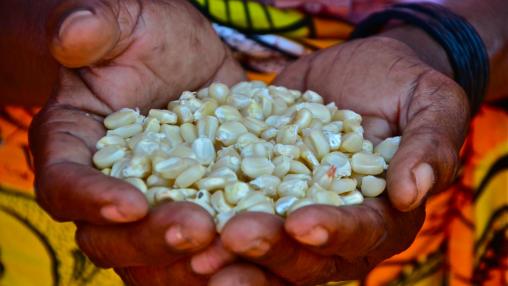
New GIEWS Country Briefs Released
FAO’s Global Information and Early Warning System (GIEWS) has recently released several new country briefs for the Africa South of the Sahara Food Security Portal’s prioritized countries. The country brief series provides information regarding countries’ current agricultural season and harvest prospects for main staple food crops, as well as estimates and forecasts of cereal production, cereal imports, and food prices and policy developments. This latest round of updates includes new information for Tanzania , Malawi , and Mozambique .
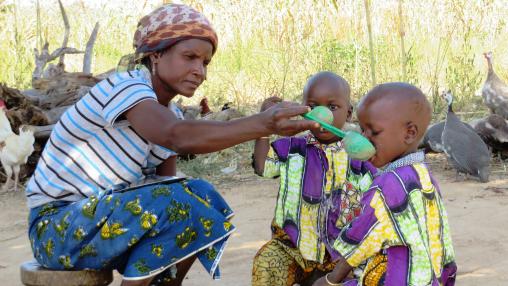
Improving Africa's Resilience: Regional Food Security Overview
Africa south of the Sahara currently faces a range of shocks - from civil conflict to increasing incidence of transboundary plant and animal pests and diseases to climate-related shocks stemming from both climate change and recent El Niño and La Niña weather phenomena. According to the most recent edition of FAO’s “Regional Overview of Food Security and Nutrition in Africa” , taken together, these shocks pose a threat to recent progress made in the region to attain food and nutrition security.
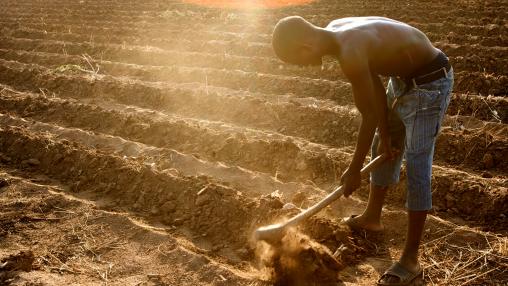
FEWS Net Outlook for Southern Africa
A recent Food Security Outlook Report released by FEWS Net forecasts that for November 2016 – May 2017, food security conditions throughout southern Africa will worsen for many poor households. Deteriorating food security will be driven partly by normal seasonal trends, as this period is the peak of the lean season in the region, and partly by the 2015-2016 El Niño cycle, which delayed or reduced harvests in many countries.
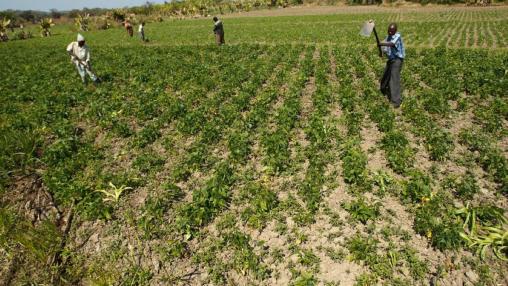
Summary of Virtual Dialogue: FSI for Food Access & Nutrition
Reliable, timely data is crucial to fight hunger and malnutrition and to drive overall development in Africa south of the Sahara; however, significant research and data gaps exist, in terms of both the availability of information and the effective, transparent use of that information by policymakers. (For further discussion of existing research gaps, read about our side event at the recent 2016 ReSAKSS Conference). Improving food security information (FSI) is therefore a development goal that goes hand-in-hand with eradicating hunger.

Food and Nutrition Security under CAADP
The April 2016 meeting of the CAADP Partnership Platform called for renewed efforts to meet the 2003 Maputo commitment to invest at least 10% of public budgets in agriculture, as reiterated in the 2014 Malabo Declaration. Mainstreaming nutrition in the National Agricultural Investment Strategies has been a goal for regional planners but a number of knowledge gaps still exist. Research has shown that CAADP has been successful in improving the effectiveness and transparency of agricultural policy-making in Africa, increasing the political cachet of the agricultural sector, and promotin
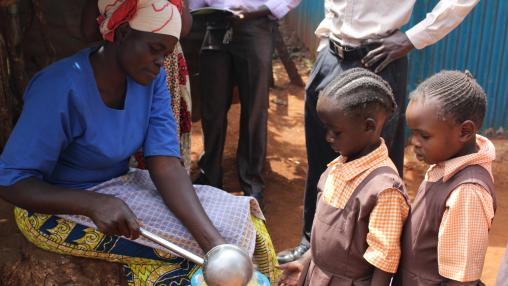
SDGs: Africa's Progress to Date
According to the World Bank’s 2016 World Development Indicators (WDI) report , extreme poverty rates have fallen in Africa south of the Sahara over the last two decades, but not as quickly as in other regions. SSA’s extreme poverty rates declined from around 55 percent in 1990 to around 45 percent in 2012, while extreme poverty in South Asia fell from 51 percent to 19 percent during the same period. Globally, extreme poverty rates decreased from 37 percent in 1990 to 13 percent in 2012.